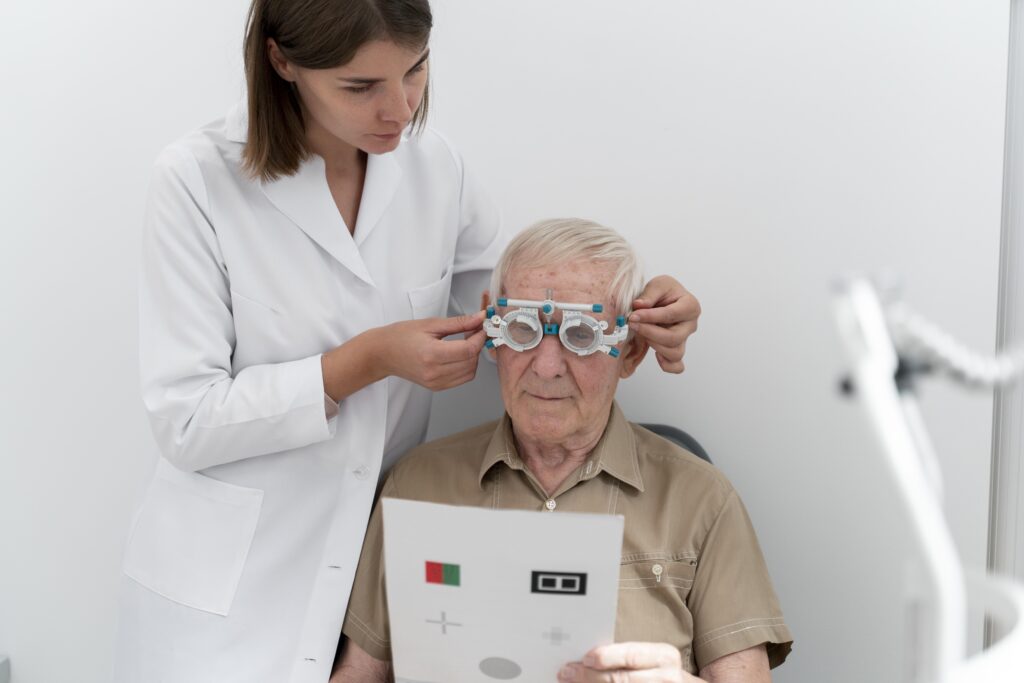Cataract Surgery is one of the safest and most effective surgical procedures performed today. Millions of people undergo this treatment every year to regain clear vision and improve their quality of life. If you or a loved one is facing cataract issues, understanding the surgery process can help ease any concerns.
What Is a Cataract?
A cataract is a clouding of the eye’s natural lens, located behind the iris and the pupil. Cataracts typically develop slowly with age but can also result from injury, certain diseases, or prolonged use of medications like steroids. They cause symptoms such as blurry vision, glare, faded colors, and difficulty seeing at night.
When Is Cataract Surgery Needed?
Cataract surgery is recommended when the clouded lens interferes with daily activities like reading, driving, or recognizing faces. In early stages, stronger glasses or brighter lighting may help, but surgery becomes necessary as the cataract progresses. Unlike some eye conditions, cataracts cannot be treated with medications or eye drops — surgery is the only effective solution.
How Cataract Surgery Works
Cataract surgery is typically an outpatient procedure that takes less than 30 minutes. Here’s a brief overview:
- Anesthesia: Eye drops are used to numb the eye. Patients remain awake but feel no pain during the surgery.
- Lens Removal: A tiny incision is made, and the cloudy lens is broken up using ultrasound waves and gently removed.
- Lens Replacement: A clear artificial lens, called an intraocular lens (IOL), is inserted to restore sharp vision.
There are different types of IOLs available, including monofocal, multifocal, and toric lenses, depending on your vision needs.
Benefits of Cataract Surgery
- Improved Vision: Most people experience dramatically clearer vision within a few days.
- Quick Recovery: Full healing usually takes a few weeks, but many return to normal activities within a day or two.
- Reduced Dependence on Glasses: Some patients no longer need glasses, or may only need them for certain tasks.
- Enhanced Quality of Life: Colors become brighter, night vision improves, and everyday activities become easier.
Recovery After Cataract Surgery
After surgery, you may experience mild discomfort, itchiness, or sensitivity to light. These symptoms are normal and usually resolve within a few days. Your doctor will provide special eye drops to aid healing and prevent infection. It’s important to avoid strenuous activities, rubbing your eyes, and swimming during the recovery period.
Follow-up visits will ensure that your eye is healing properly and your vision continues improving.
Are There Risks?
While cataract surgery is extremely safe, minor risks exist, such as infection, bleeding, inflammation, or issues with the artificial lens. However, complications are rare, especially when surgery is performed by an experienced ophthalmologist.
Conclusion
Cataract surgery offers a highly successful way to restore vision lost to cataracts. With modern techniques, the procedure is fast, virtually painless, and offers a quick recovery. If cloudy vision is affecting your daily life, cataract surgery might be the solution to seeing the world clearly again.







